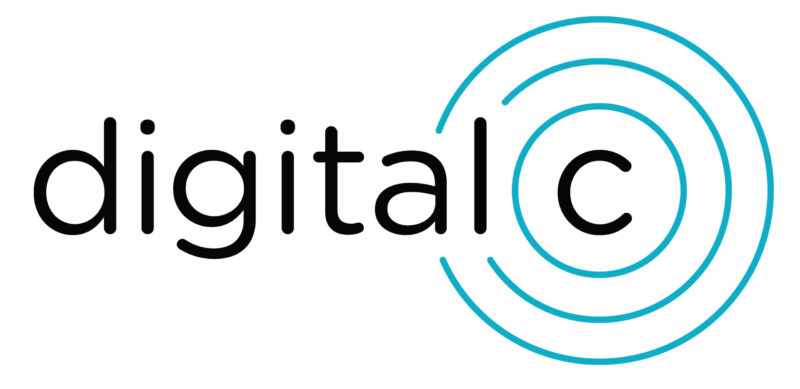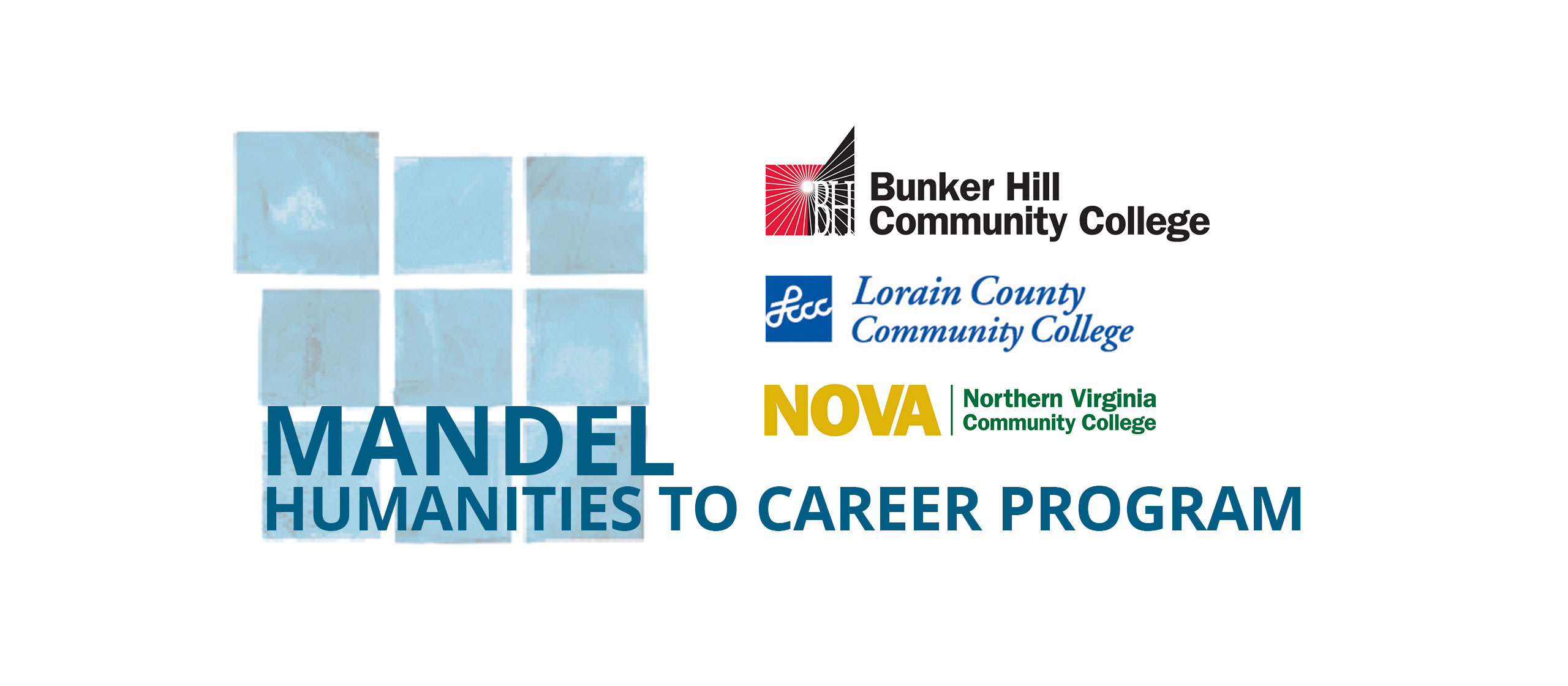
The Jack, Joseph and Morton Mandel Foundation Awards Two Grants to the American Jewish Archives
The Jacob Rader Marcus Center of the American Jewish Archives (AJA) is pleased to announce that it has received two prestigious grants from the Jack, Joseph and Morton Mandel Foundation and the Mandel Supporting Foundations, both based in Cleveland, Ohio. The Jacob Rader Marcus Center is located on the Cincinnati campus of the Hebrew Union College – Jewish Institute of Religion.
A $250,000 grant has been awarded to establish the Jack, Joseph and Morton Mandel Fellowship at the AJA. An additional grant of nearly $140,000 will provide funding for the digitization of the AJA’s collection of archives and records that documents the work of the Foundation through two initiatives which were launched during the 1980’s: The Commission on Jewish Education in North America and the Council for Initiatives in Jewish Education, both founded and chaired by Morton L. Mandel.
The Foundation works to cultivate outstanding leadership for the non-profit world. Its areas of priority include leadership of nonprofits, management of nonprofits, Jewish education, humanities in education and the arts, and urban renewal.
“The AJA is exceedingly proud to be able to offer the new Jack, Joseph and Morton Mandel Fellowship, which will draw attention to the Foundation’s extraordinary contributions to Jewish education and Jewish communal leadership,” said Dr. Gary P. Zola, Executive Director of the AJA.
The Marcus Center’s world renowned Fellowship Program, established in 1977 by the AJA’s founding director, Dr. Jacob Rader Marcus (1896–1995), is currently comprised of 16 named and perpetually endowed fellowships. The program creates a forum where outstanding scholars and noteworthy researchers (15–20 per year) are provided with the financial resources needed to travel to Cincinnati and delve into the AJA’s rich collection of primary source material.
Since the establishment of The Marcus Center’s Fellowship Program, more than 400 scholars and academicians from North America and across the globe have visited Cincinnati to examine the holdings of the AJA, widely regarded as the world’s largest catalogued collection of primary source materials documenting the history of North American Jewry.
Zola also said, “For the first time, scholars, researchers, students, and documentarians will have access to source materials that reveal the story of the evolution of Jewish philanthropy and Jewish education in the latter part of the 20th century,” he continued. “That era saw a tremendous shift in the public agenda of America’s Jewish community from concerns about post-World War II America and Israel to Jewish continuity and meaningful American Jewish life experiences. It was the Mandel Foundation which convened a major commission comprised of some of the most influential leaders of the day—representing every ideology and approach— to address these emerging uncertainties.”
The AJA, with its state-of-the art facility and impressive professional staff, is world-renowned for their attention to both preservation and access. In the modern age of archival science, digital access to the AJA’s most important collections has become imperative. The AJA will be on the cutting edge of presenting these digital assets in a way that meets the needs of all those who utilize the AJA as a world-class resource for the documentation of the American Jewish experience.
“We are so very pleased and honored to entrust the care and preservation of our records to the American Jewish Archives. That will enable the collection can be easily accessed by scholars, students and researchers throughout the world,” concluded Mr. Morton Mandel, Chairman and CEO of the Jack, Joseph and Morton Mandel Foundation.




